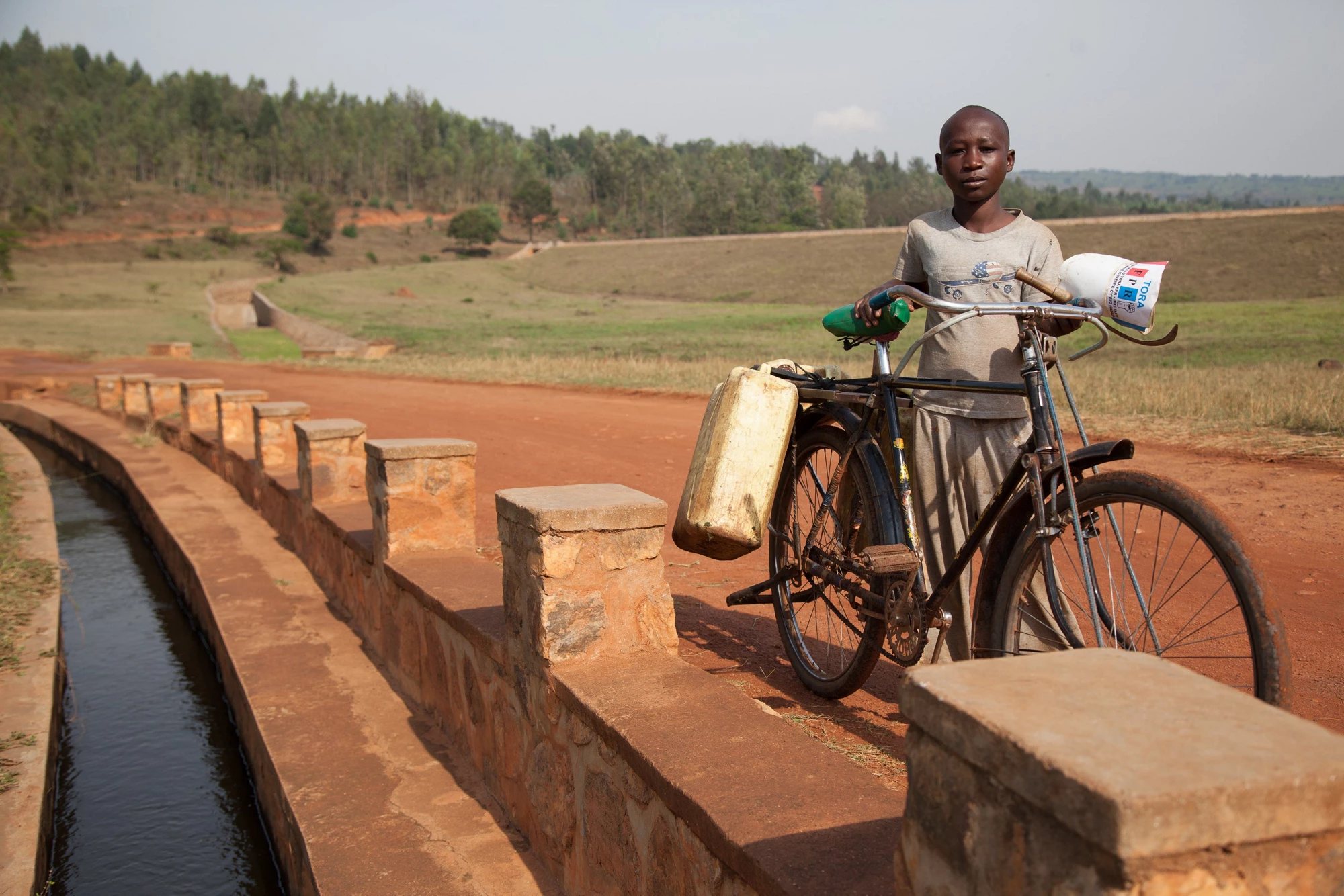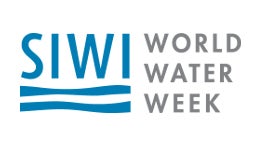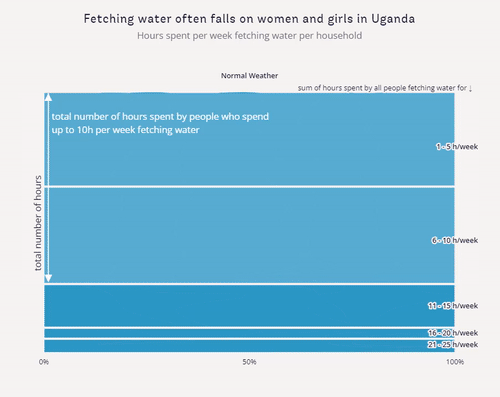
The global water community is gathering in Stockholm for World Water Week 2016. This year’s theme, “Water for Sustainable Growth,” comes at a critical time, as we are mobilizing to achieve the Sustainable Development Goals (SDGs), in which water plays an essential part.
Water touches nearly every aspect of development. It drives economic growth, supports healthy ecosystems, and is fundamental for life. However, water can threaten health and prosperity as well as promote it. Water-related hazards, including floods, storms, and droughts, are already responsible for 9 out of 10 natural disasters, and climate change is expected to increase these risks. As water resources become increasingly strained, the risk of conflict and instability may also grow.
Over the next two decades and beyond, ‘thirsty agriculture’ and ‘thirsty energy’ competing with the needs of ‘thirsty cities’ will place new and increasing demands on the water sector. Over 4 billion people currently live in areas where water consumption is greater than renewable resources for part of the year – a number that will continue to increase.
As we shift our thinking from looking at water through its traditional components to placing water at the center of the development dialogue, new financial, economic, environmental, social, technical and other complex challenges and opportunities emerge for countries on the front lines.

In fact, the world will not be able to meet the SDGs of the 21st century without ensuring a water secure world for all . The SDGs provide an opportunity for the World Bank and development partners to work together in support of the vision of a water secure world for all while pursuing an end to poverty by 2030 and boosting shared prosperity of the poorest 40% of the population.
Going forward, we have identified five priority themes to help countries achieve the water-related SDGs : sustainability, inclusion, institutions, resilience, and financing.
- To address the challenge of increasing water scarcity and ensure that results are maintained into the future, a renewed focus on the multiple facets of sustainability is needed.
- However, without new efforts to improve inclusion, many will still be unable to reap the benefits of water and will be disproportionately impacted by water-related disasters.
- Helping countries achieve greater sustainability and inclusion in the water sector requires investment in institutions, as well as infrastructure – an important lesson learned during the implementation of the MDGs.
- Building the institutions and infrastructure needed for universal access and more sustainable water management practices demands a vast increase in financing for the water sector, which can only be achieved by improving financial viability and leveraging donor funding to tap other sources of finance.
- In a world of increasing water shocks and stresses, countries must ensure that resilience is at the heart of the water sector.
At this year’s World Water Week conference in Stockholm, Sweden, the World Bank is engaged in a range of sessions and workshops looking at addressing these themes. We look forward to discussing them with you and finding solutions together.
Please also come to visit our exhibition at Booth 26 to learn more about our work or to talk about knowledge and partnership opportunities. In the meantime, check out our blog series for World Water Week and stay in touch with us on Twitter via @WorldBankWater!
The future will be thirsty and uncertain. But with the right reforms, governments can help ensure that people and ecosystems are not left high and dry in a world afflicted by more severe water-related shocks and adverse rainfall trends.



Join the Conversation